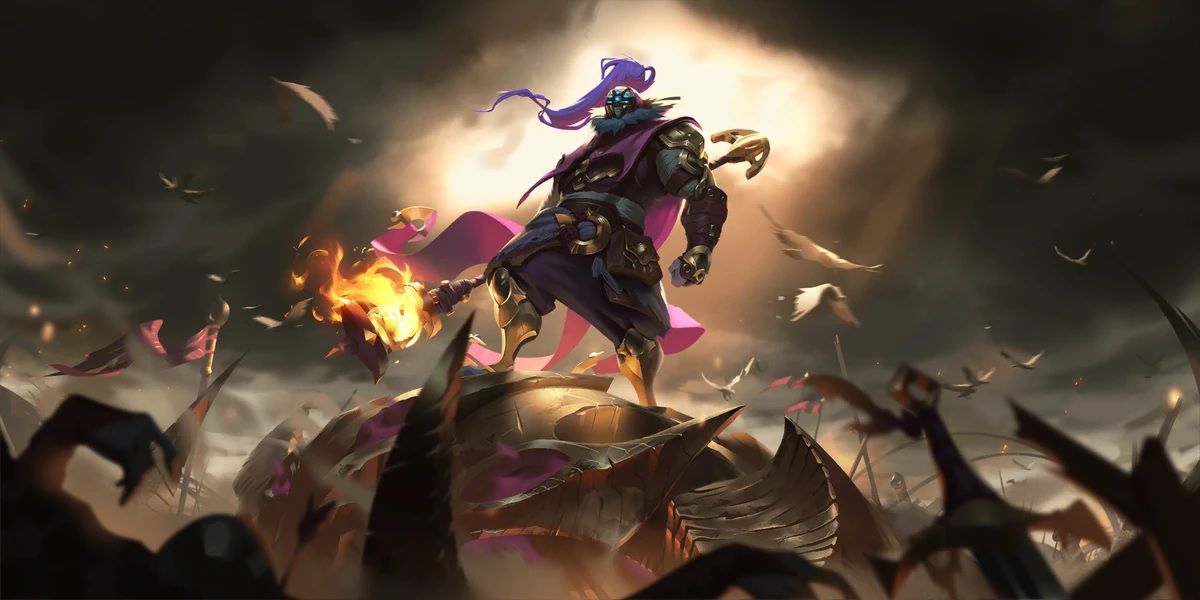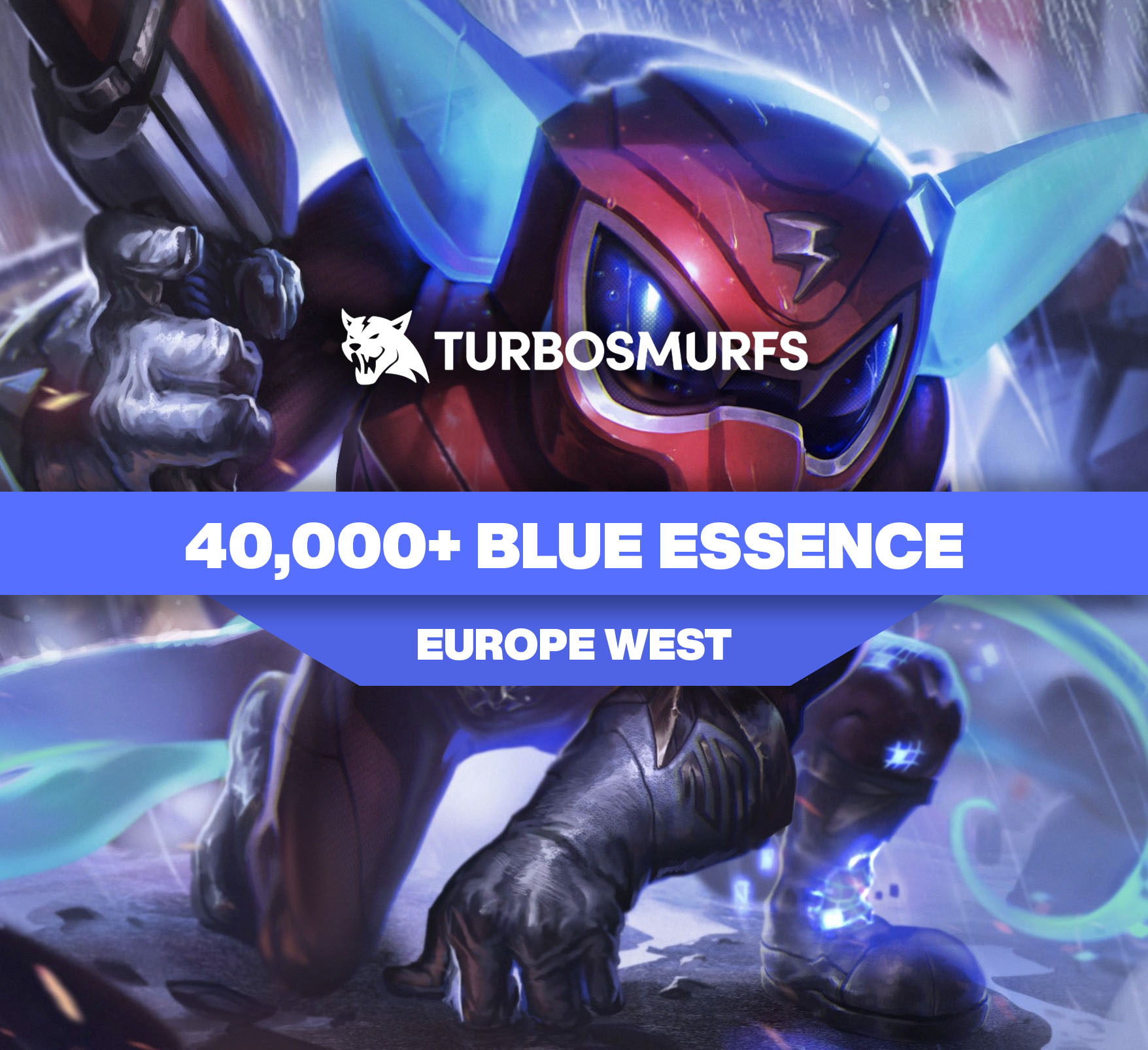
The Psychology of Climbing Ranked in League of Legends
Climbing the ranked ladder in League of Legends is an experience that ranges from exhilarating to infuriating, often within a single session. For many players, the climb becomes less about mechanical skill and more about managing the psychological hurdles that emerge during the grind. While countless guides and videos dedicated to mastering champions or macro play exist, the mental side of the game is often overlooked despite it arguably being the most crucial aspect of ranking up.
Ladder Anxiety: The Fear of Losing Progress
The mental barriers holding players back are often subtle initially, only becoming apparent after dozens of games end in confusion or frustration. The best players who compete in global competitions that the best betting sites offer odds for can overcome these mental barriers with apparent ease, having spent countless hours perfecting their mental game.
One such barrier is a phenomenon often referred to as "ladder anxiety." This is a fear or hesitation to queue up for a ranked game, particularly after a winning streak or reaching a new division. The fear of losing progress becomes so overwhelming that some players stop playing ranked games altogether. Instead, they resort to ARAMs or regular games where the stakes are lower, but so is the opportunity for growth.
Emotional and Tilt Control
Tilt is another major psychological roadblock for League of Legends players. Tilt is a term often used in sports betting and poker circles to describe when a player's emotional state results in them making impulsive decisions, taking unnecessary risks, or developing tunnel vision on a particular enemy or objective.
Many factors can trigger tilt, such as poor personal performance, a toxic teammate or opponent, or external stressors unrelated to the game. Regardless of what causes tilt, the results are often the same. It becomes a vicious circle where frustration leads to poor play, leading to more losses and feeding even greater frustration.
The Impact of Decision Fatigue
League of Legends is a highly complex game that requires hundreds of decisions every match, from laning choices and jungle pathing to teamfight positioning and macro calls. All that decision-making can lead to fatigue.
Playing multiple ranked games one after another without breaks can lead to mental exhaustion. In turn, this can lead to players making careless mistakes they wouldn't usually make, which leads them down the slippery slope to the world of tilt, and we know what happens there. Recognizing when to take a break is as important as knowing when to go all-in during a 5v5.
Reframing Ranked as a Learning Opportunity
Reframing the purpose of ranked play is an incredibly effective strategy for combating the mental hurdles highlighted above. Instead of seeing each game as a do-or-die scenario for climbing, viewing ranked play as a learning opportunity can greatly benefit players. Every match, whether ending in a victory or loss, is an opportunity to identify weaknesses, test new strategies, and refine skills. Shifting your mindset to thinking like this can reduce pressure and encourage a more growth-orientated approach to ranked gameplay.
The Role of Smurf Accounts and Coaching
Platforms like TurboSmurfs can play an important, unexpected role in overcoming mental barriers and hurdles. For example, starting fresh on a smurf account can be incredibly liberating because it removes the emotional baggage tied to a primary account's rank and LP history. Smurf accounts allow players to experiment with new champions or roles without fearing their primary account's MMR will tank. Such psychological freedom usually leads to better performance because the mental pressure on the player is substantially reduced.
Coaching is another underrated solution to psychological hurdles. The best coaches help players develop a stronger, more robust mental approach to the game, which is often the difference between a LOL player being considered good and great.
Seasoned, experienced coaches can suggest routines to manage decision fatigue, pinpoint habits that may indicate tile, or offer a different perspective on losses where players may be hyper-critical of themselves.
The Importance of Community and Environment
The community and culture around League of Legends can amplify or mitigate psychological stress. Let's not beat around the bush here; climbing the ranked ladder is meant to be a challenge, which is why only the very best reach the game's upper echelons.
Playing with friends who are supportive and constructive in their praise and criticism can drastically improve your mental state. Conversely, being bombarded with negative comments in a hyper-competitive environment can do the opposite.
Therefore, finding a healthy social dynamic through duo partners, Discord servers, or other online communities is essential. These can create a buffer against the more toxic elements of solo queue and help to pick you up and dust you off when things do not go as planned.
Accepting Setbacks and Embracing the Journey
Lastly, it is easy to look at legendary LOL players like Faker, Uzi, Ambition, and Perkz and think they play perfectly each time they fire up their machines. However, even these elite-level pros, who have spent thousands of hours refining their craft, have off days and frequently make mistakes.
The difference between these superstars and other "normal" Legends players is that they do not dwell on those mistakes. Instead, they embrace them and focus on the long term rather than the here and now.
The key is to approach ranking up with a long-term perspective. Acknowledge that there will be plateaus, regression, and sudden forward leaps. The very best players' mechanics may not be as superior to yours as you believe, but their mental resilience will likely be off the charts.
Conclusion
The ranked ladder is as much a mindset test as it is gameplay. Those who navigate the psychological minefield of anxiety, obsession, and tilt become climbers; those who don't may become stuck.
League of Legends may be a game of skill, but the battle is often won in the mind long before the Nexus falls. Good luck out there, champion.

